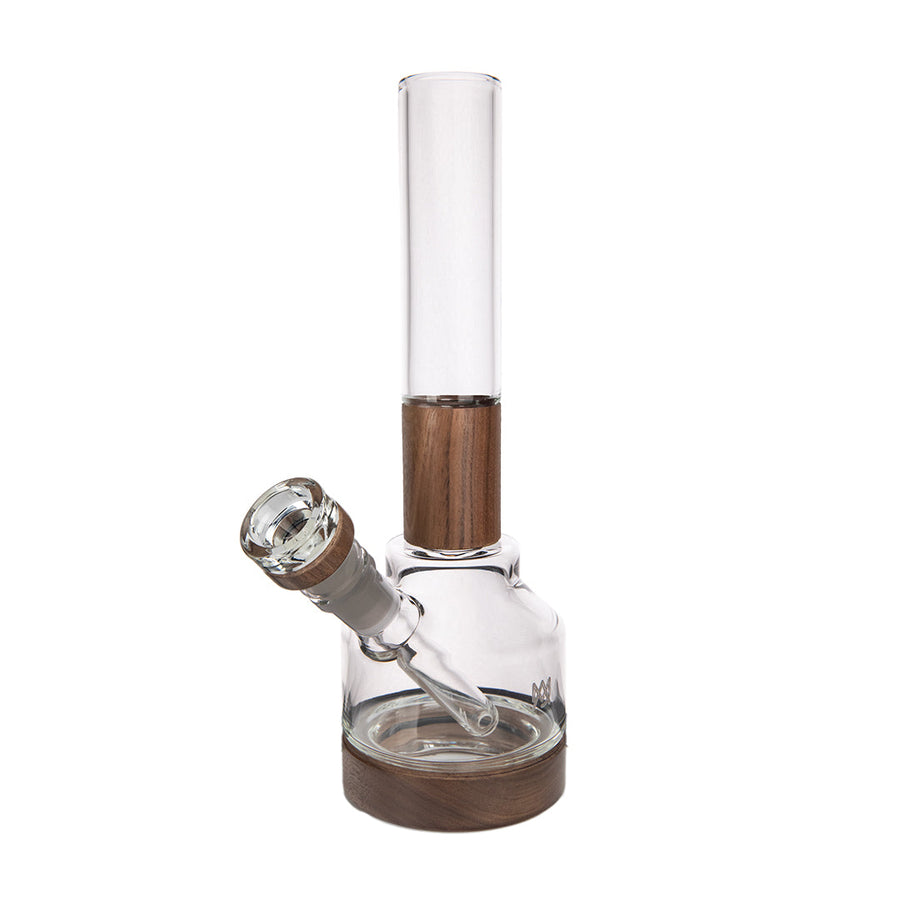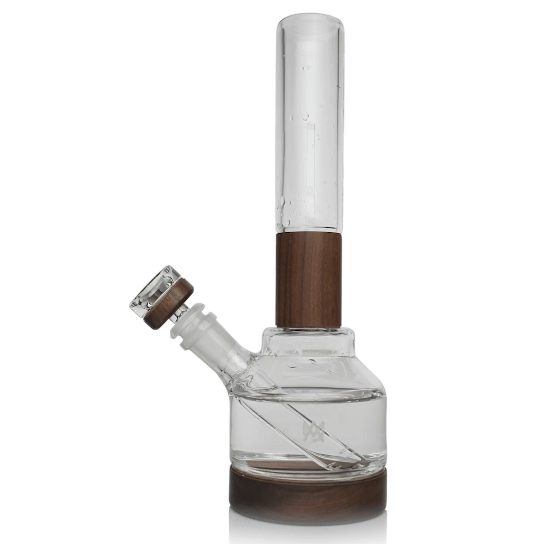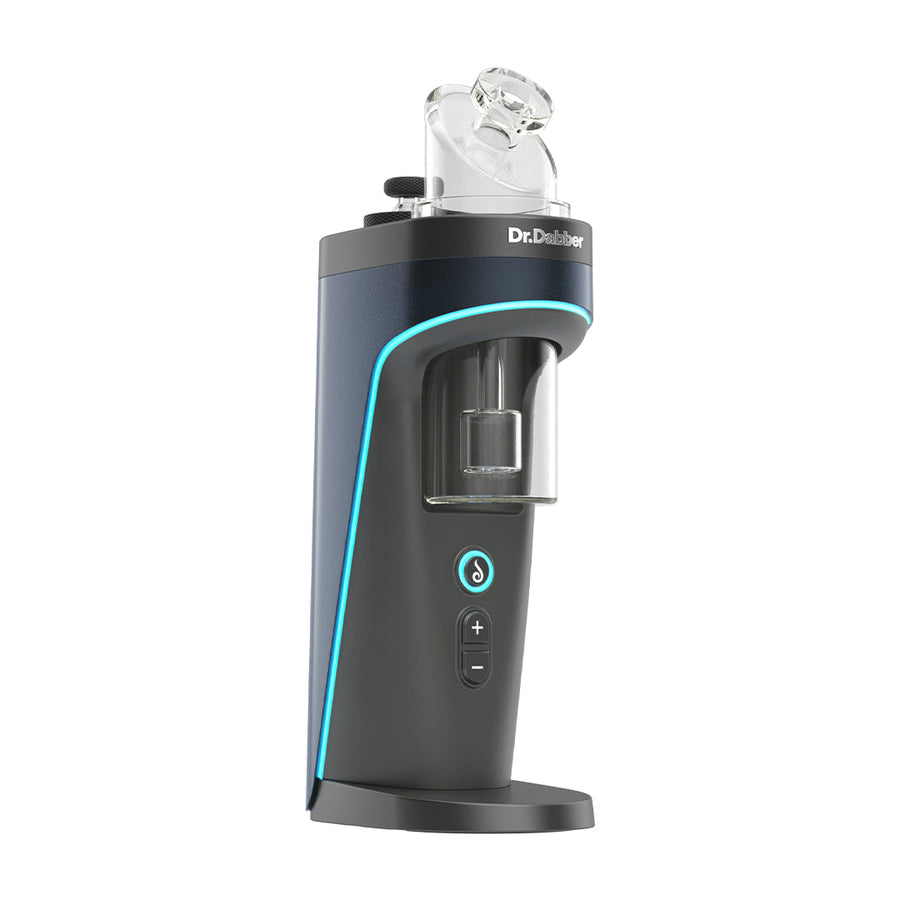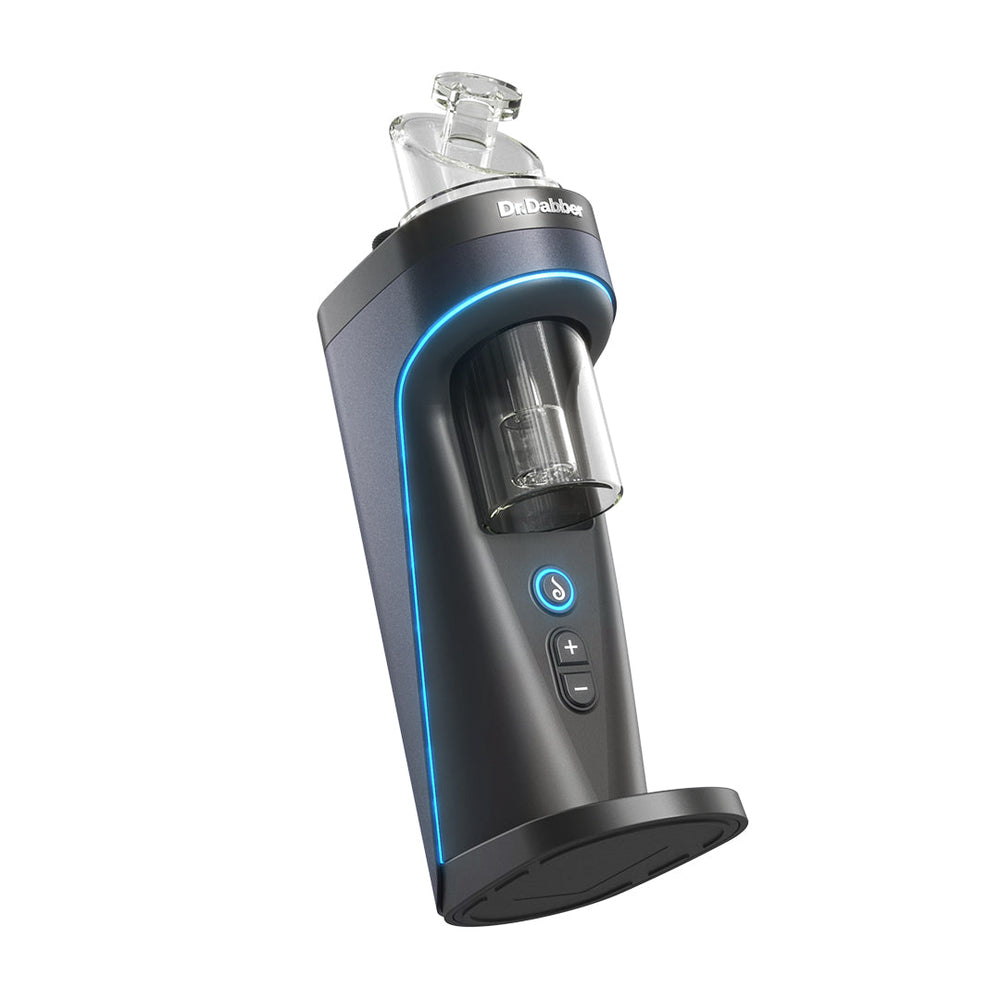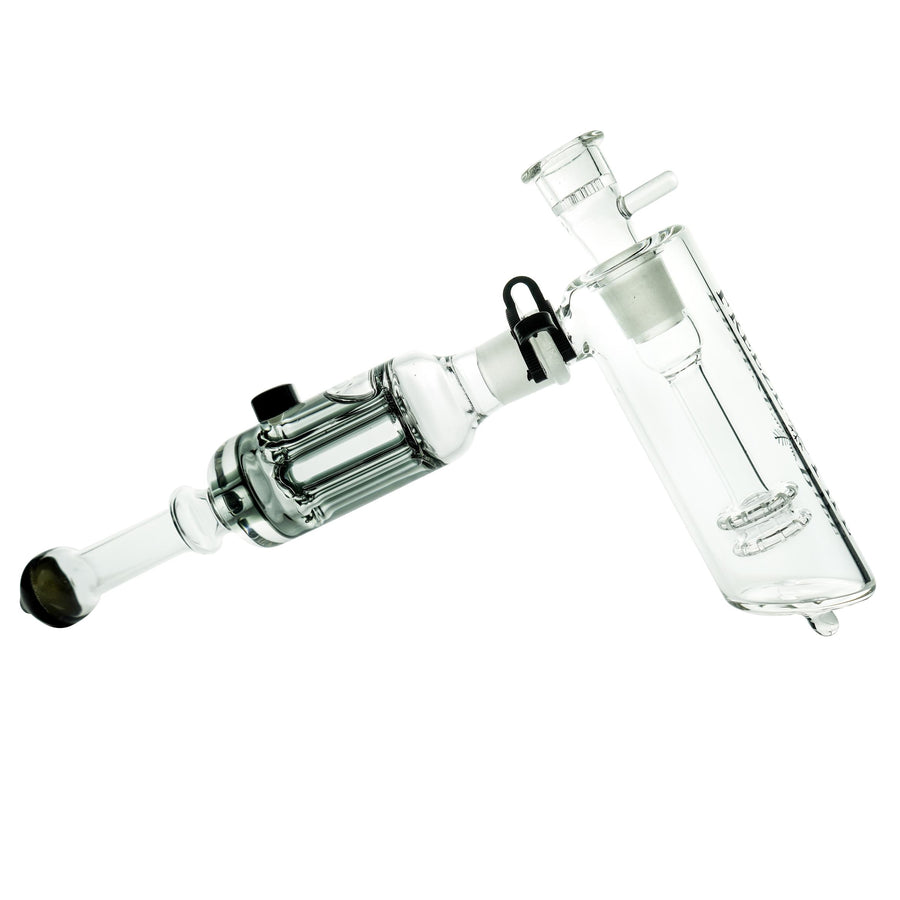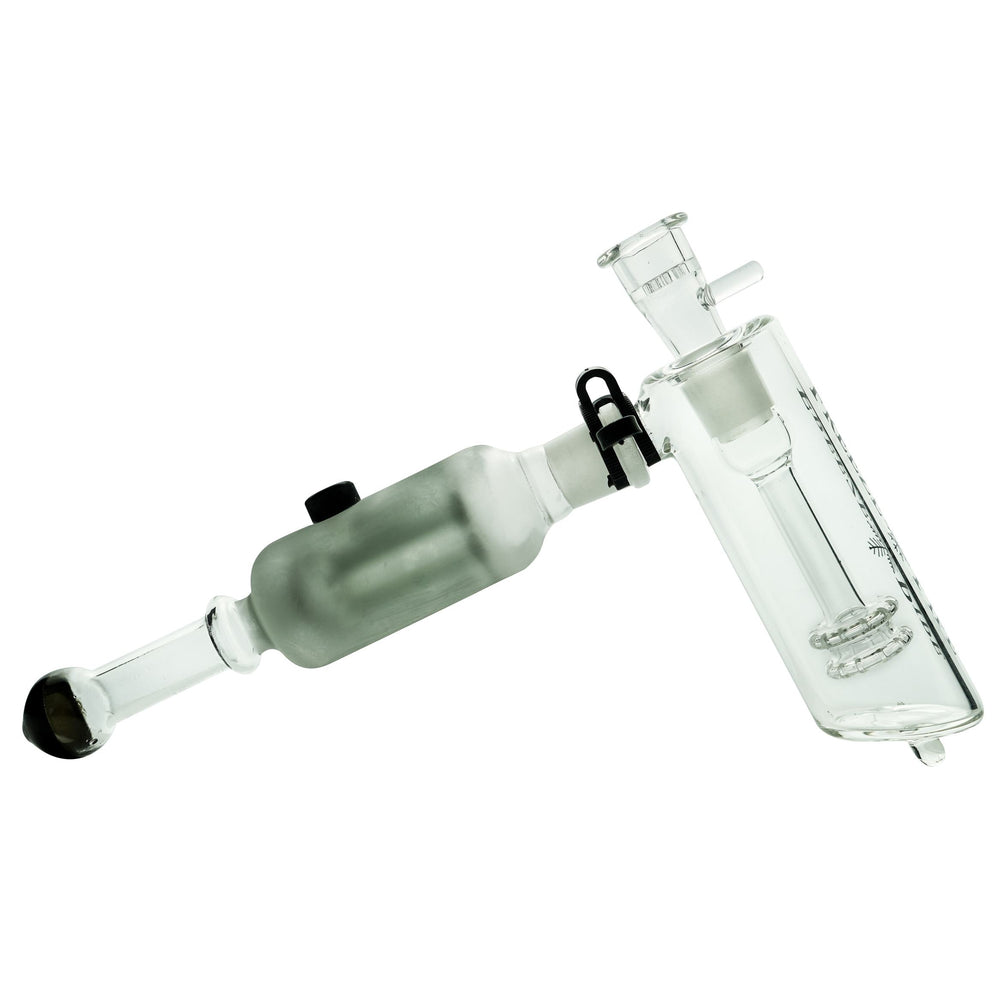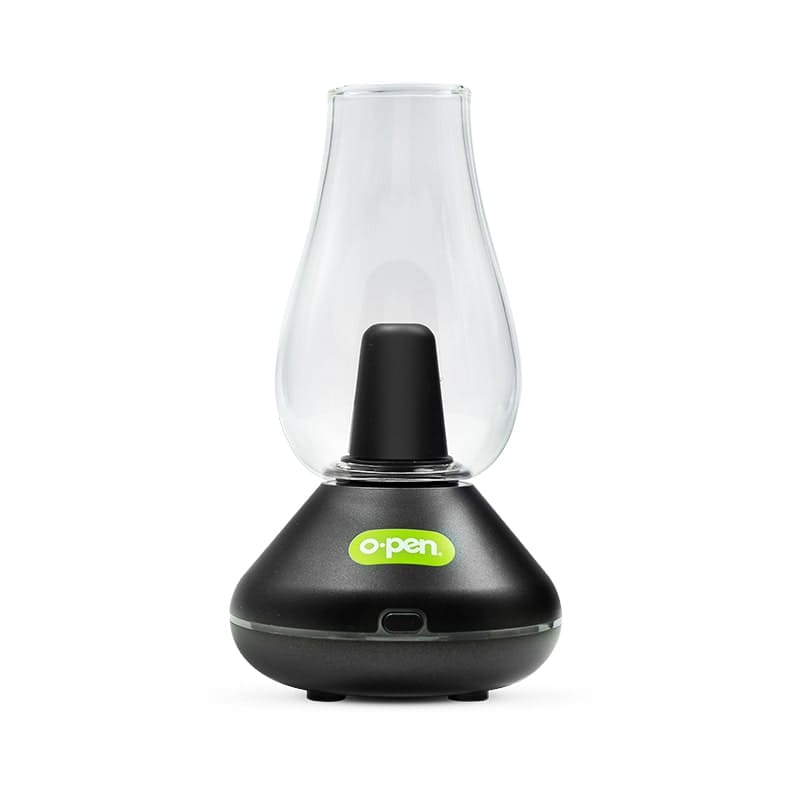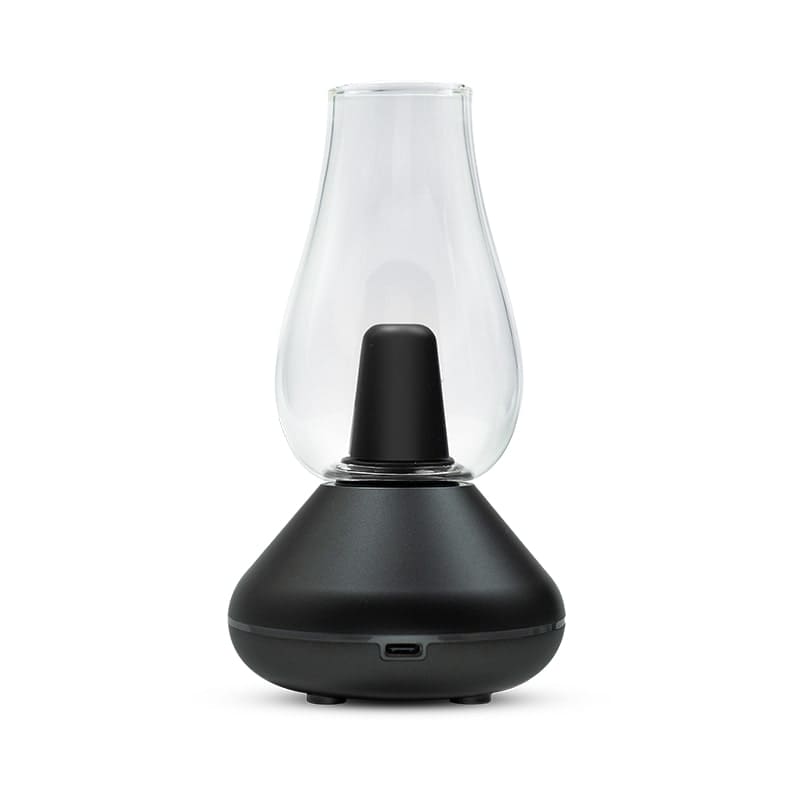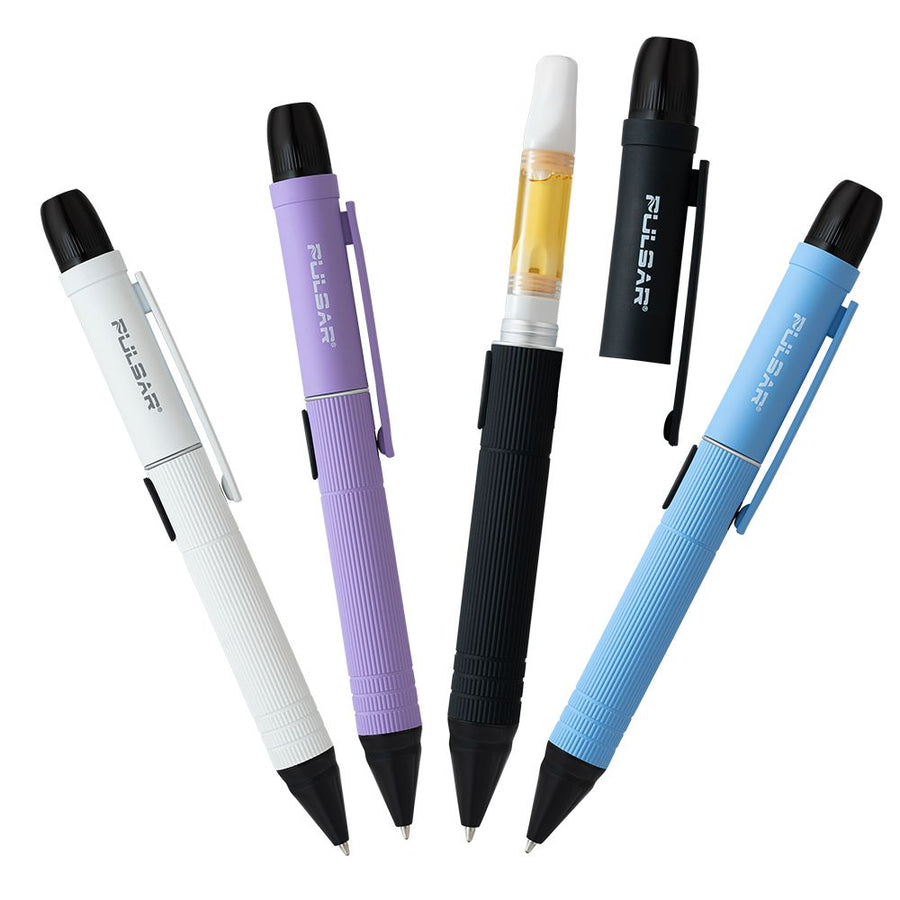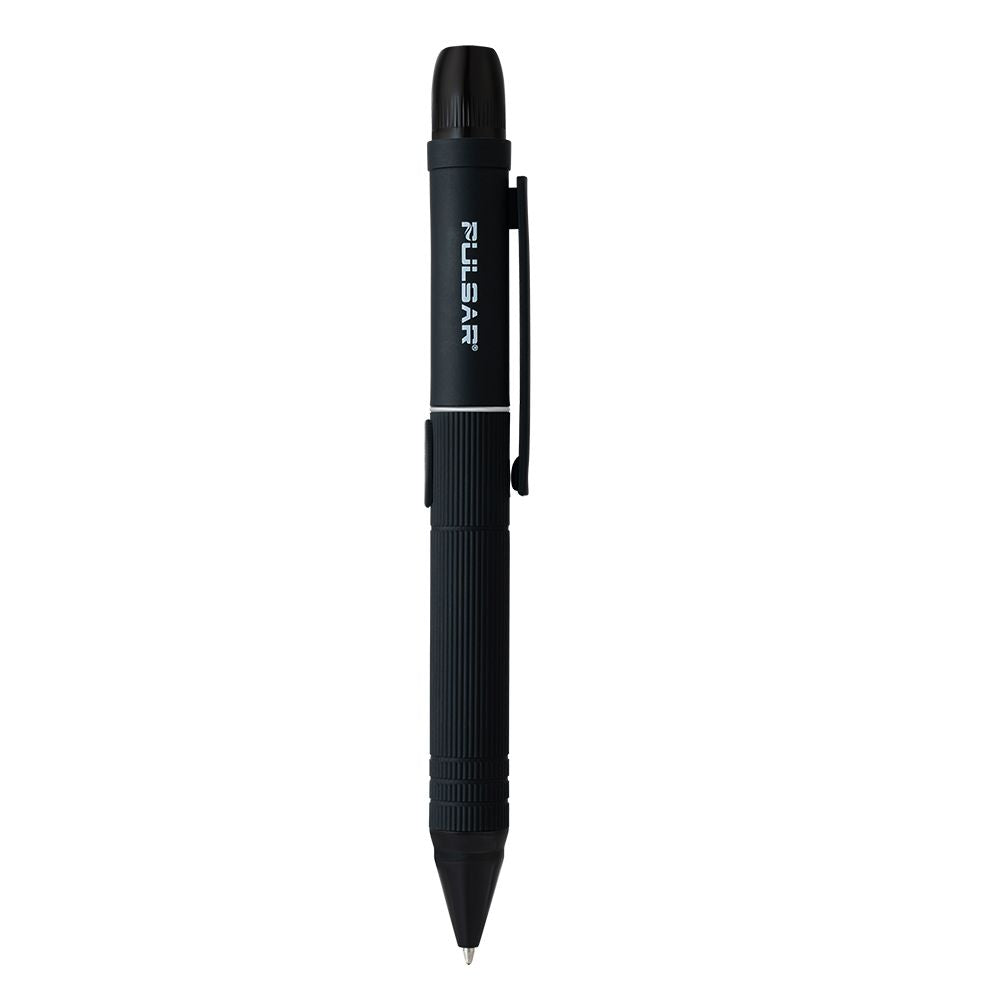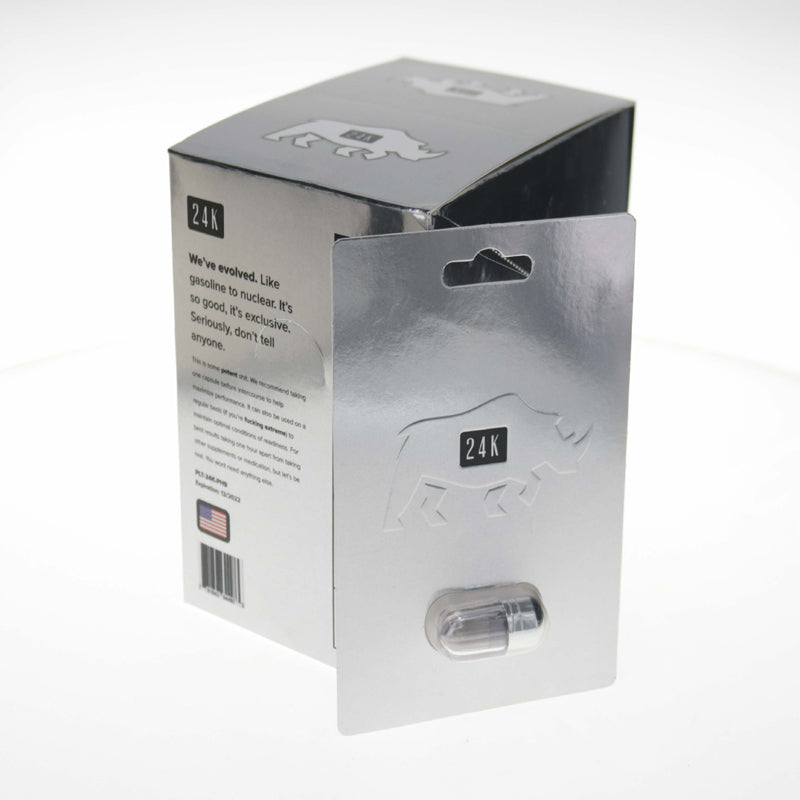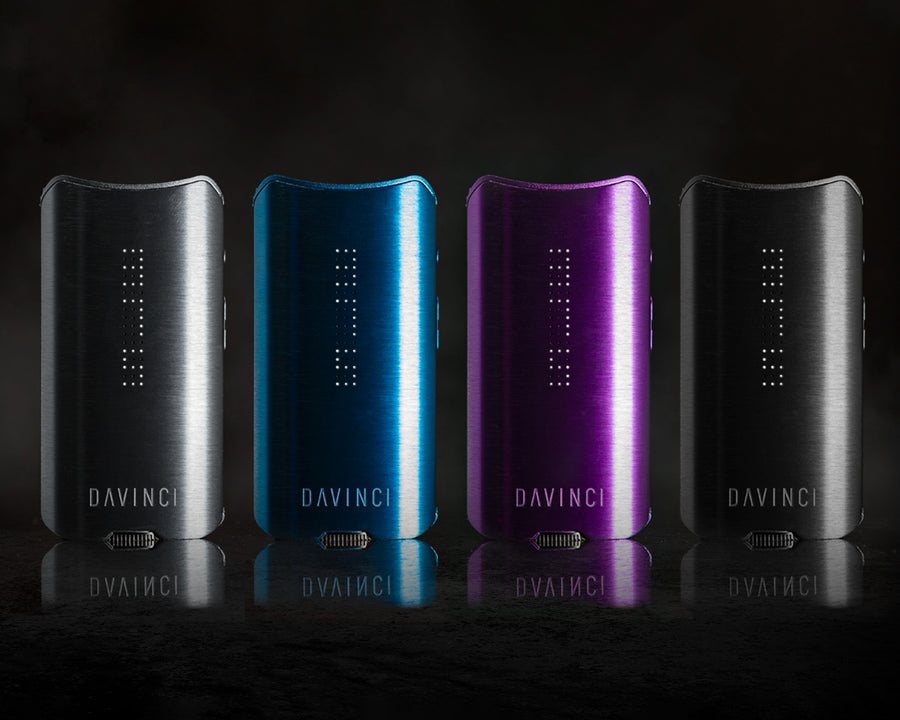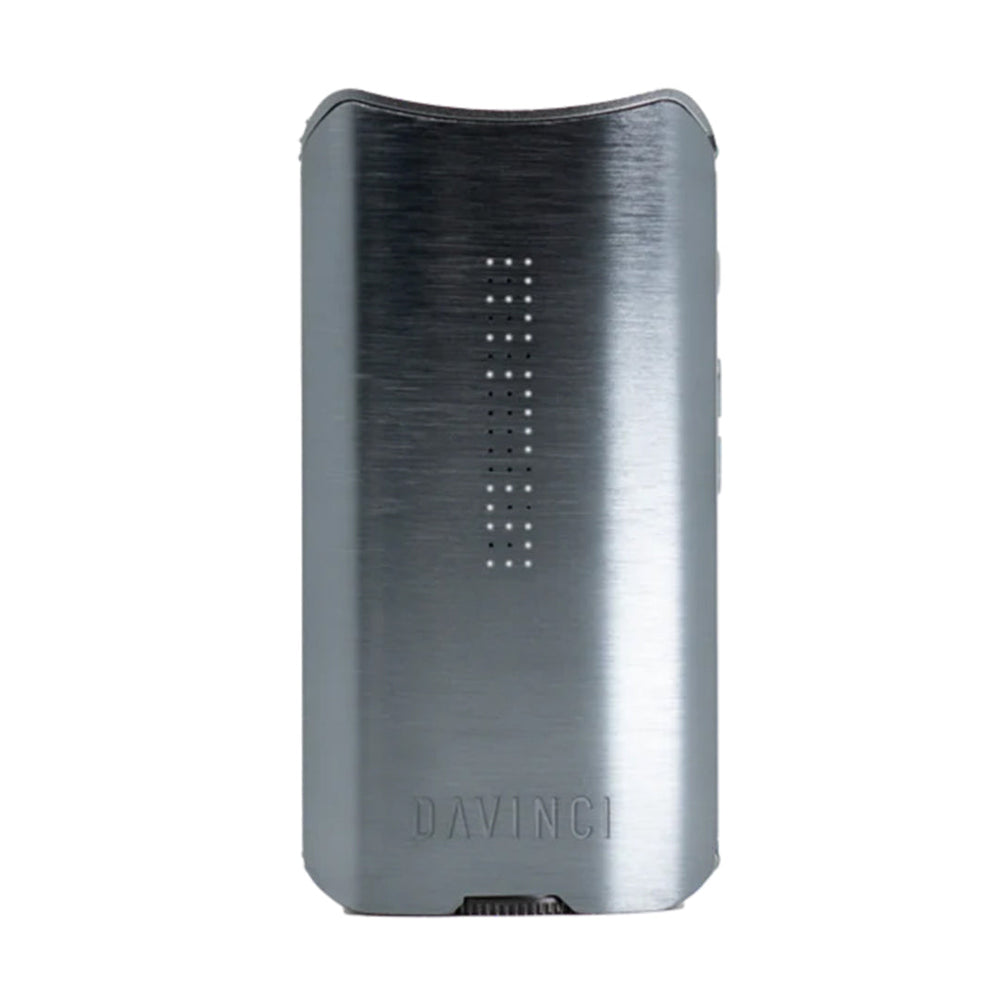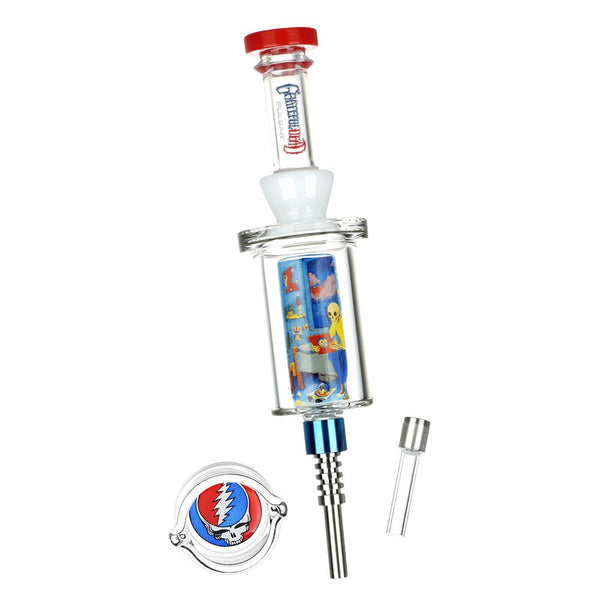How Long Does a Dab Stay in Your System? A Comprehensive Guide

Many people wonder how long a dab stays in their system. A fact to remember is that dabs are concentrated forms of cannabis, making them more potent. This guide will cover everything from what dabs are, their effects on the body, to how they're detected in drug tests.
Let's dive in and learn together.
Key Takeaways
- Dabs are concentrated forms of cannabis that can stay in your system for up to 3 days or even longer depending on how often you use them and your body's metabolism.
- Factors like the THC content of the dabs, how you consume them, your personal metabolism speed, how often you use cannabis, and individual biological differences determine both the length of a dab high and how long dabs stay in your system.
- Urine tests are the most common method for detecting THC from dabs, but blood tests, saliva tests, and hair follicle tests can also find THC. The time THC is detectable varies widely—from a few days to over 90 days based on usage patterns and test types.
- To help get rid of THC from your system faster, drink lots of water, exercise regularly, eat healthily with plenty of fruits and vegetables, try detox products if necessary, and get good sleep while avoiding more cannabis use.
- Regularly using high-potency dabs carries a risk of addiction which requires seeking treatment through therapy sessions or rehabilitation programs specialized in marijuana addiction.
What are Dabs and How Long Do They Stay in Your System?
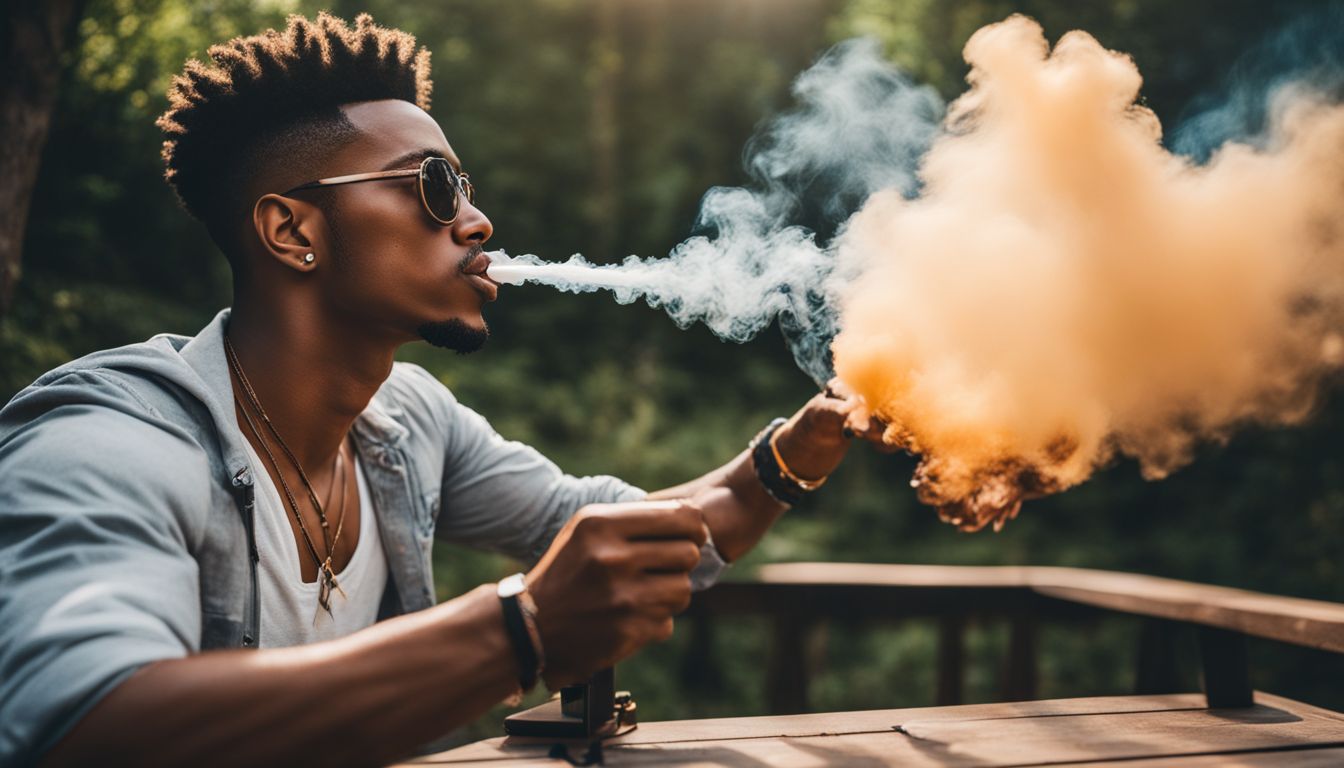
Dabs are concentrated doses of cannabis made by extracting THC and other cannabinoids using a solvent like butane or carbon dioxide. They can stay in your system for up to 3 days, at times even longer, depending on factors such as frequency of use and metabolism.
https://www.youtube.com/watch?v=UYnzA0c9_R0
Definition of dabs
Dabs refer to a concentrated form of cannabis, often resembling wax or hard honey. Users heat this concentrate and inhale the vapor through methods like a wax pen or rig. This process, known as dabbing, delivers a powerful dose of THC, the main psychoactive component in marijuana.
Because of their high THC concentration, dabs can produce more intense effects compared to traditional cannabis consumption.
The creation of dabs involves extracting THC and other cannabinoids using solvents such as butane or carbon dioxide. This results in a potent substance that attracts users seeking a strong and immediate high.
Despite its popularity for potency and rapid onset effects, dabbing brings with it risks associated with the inhalation of concentrated chemical compounds.
Duration of dabs in the system
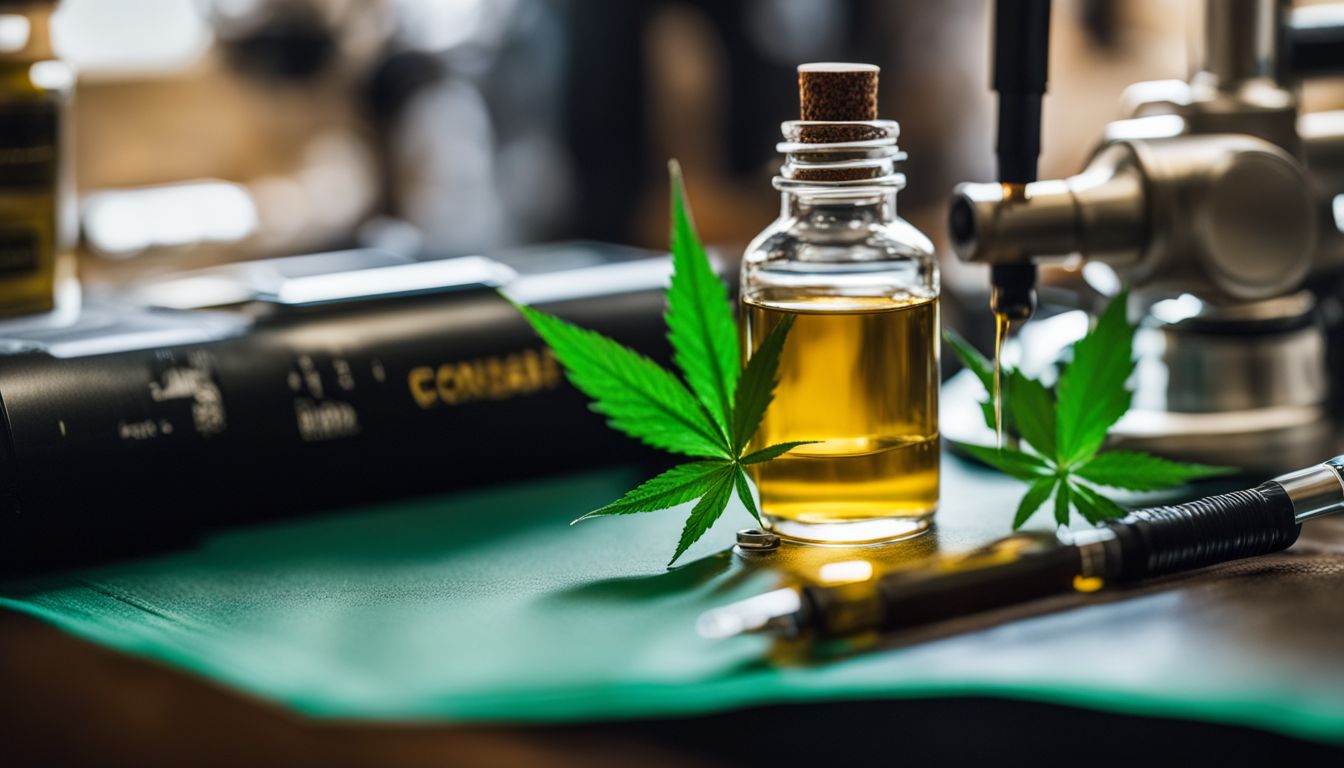
After taking a dab, THC can be detected in your system for different durations depending on several factors. The frequency of cannabis use, the potency of marijuana, and individual biological factors all play a role in how long dabs stay in your system.
In infrequent users, THC may be detectable for around 3-4 days after dabbing, while more frequent users may have detectable levels for up to a month or longer.
Factors such as body fat percentage, metabolism rate, and hydration level also influence the duration of THC in the body. Additionally, using a wax pen for dabs can impact how long it takes for THC to leave your system.
The Duration of a Dab High
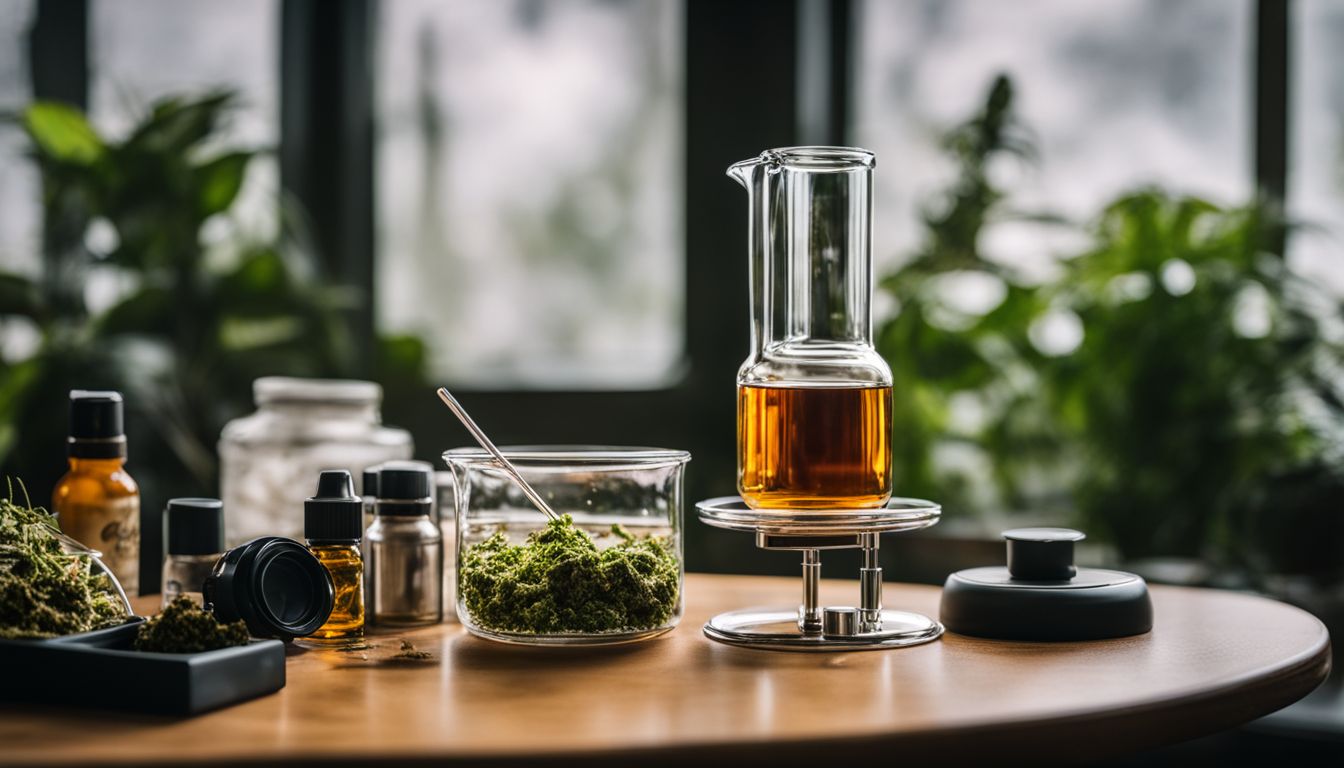
Factors such as the potency of the dab, frequency of cannabis use, and individual biological factors can influence how long a dab high lasts. Understanding these elements helps in managing expectations and making informed decisions about dabbing.
https://www.youtube.com/watch?v=QqvcUJEDtzI
Factors that affect the duration of a dab high
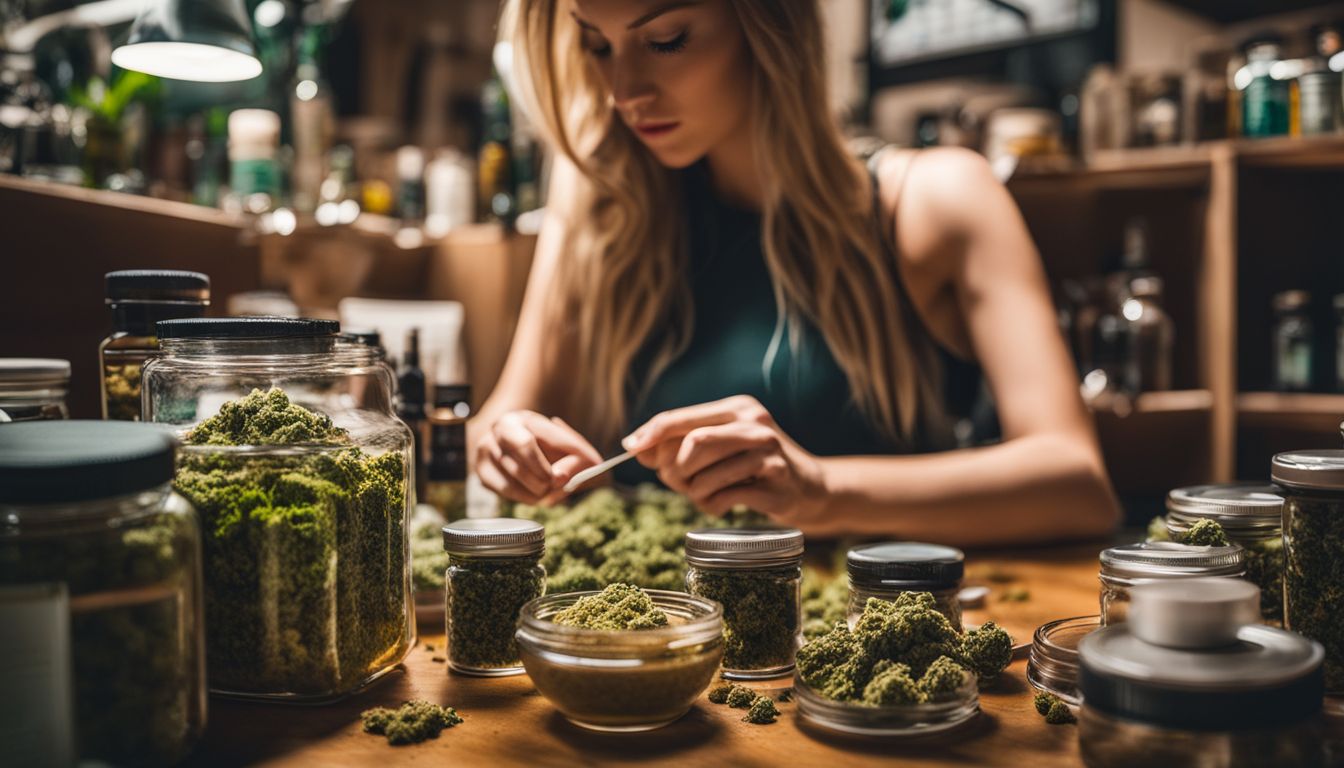
Several factors can influence the duration of a dab high:
- Cannabis potency: The strength of the THC content in the dabs or wax pens used will directly impact how long the high lasts.
- Consumption method: The way the dabs are consumed, such as dabbing or using a wax pen, can affect how quickly and intensely the high sets in and how long it lasts.
- Individual metabolism: Metabolism and body composition play a role in how quickly THC is processed and eliminated from the body, impacting the duration of the high.
- Frequency of cannabis use: Regular users may experience shorter highs due to tolerance, while infrequent users may have longer-lasting effects.
- Biological factors: Each person's unique biological makeup, including genetics and overall health, can impact how their body processes THC and influences the duration of their high.
- Mixing substances: Combining dabs with other substances like alcohol or medications can alter the duration and intensity of the high.
How long a dab high can last

The duration of a dab high depends on various factors such as the potency of the cannabis concentrate, individual tolerance, and method of consumption. The effects typically peak within 10 to 30 minutes after inhaling and can last anywhere from 1 to 3 hours.
Factors like frequency of cannabis use and biological differences between individuals also play a role in how long the high will last. It's important for users to be aware of these factors and consume dabs responsibly.
Additionally, staying hydrated and taking deep breaths of fresh air can help mitigate intense highs caused by dabbing. Regular exercise and maintaining a healthy lifestyle may also contribute to faster metabolism which can shorten the duration of the high.
How Long Do Dabs Stay in Your System for Drug Tests?
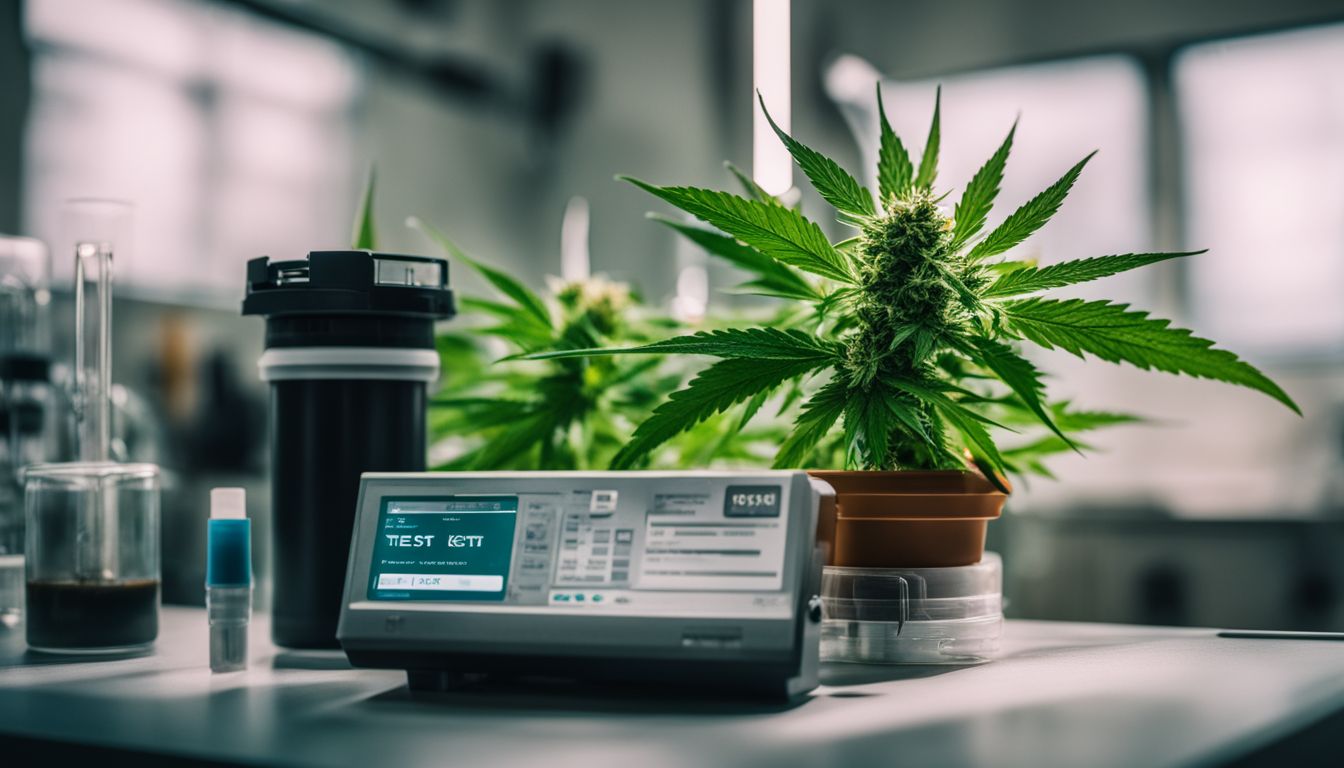
Various drug tests exist for detecting THC, including urine, blood, and saliva tests. Detection periods for dabs in drug tests depend on factors such as frequency of cannabis use and the potency of marijuana consumed.
Types of drug tests

Urine tests, blood tests, and saliva tests are common types of drug tests.
Detection periods for dabs in drug tests
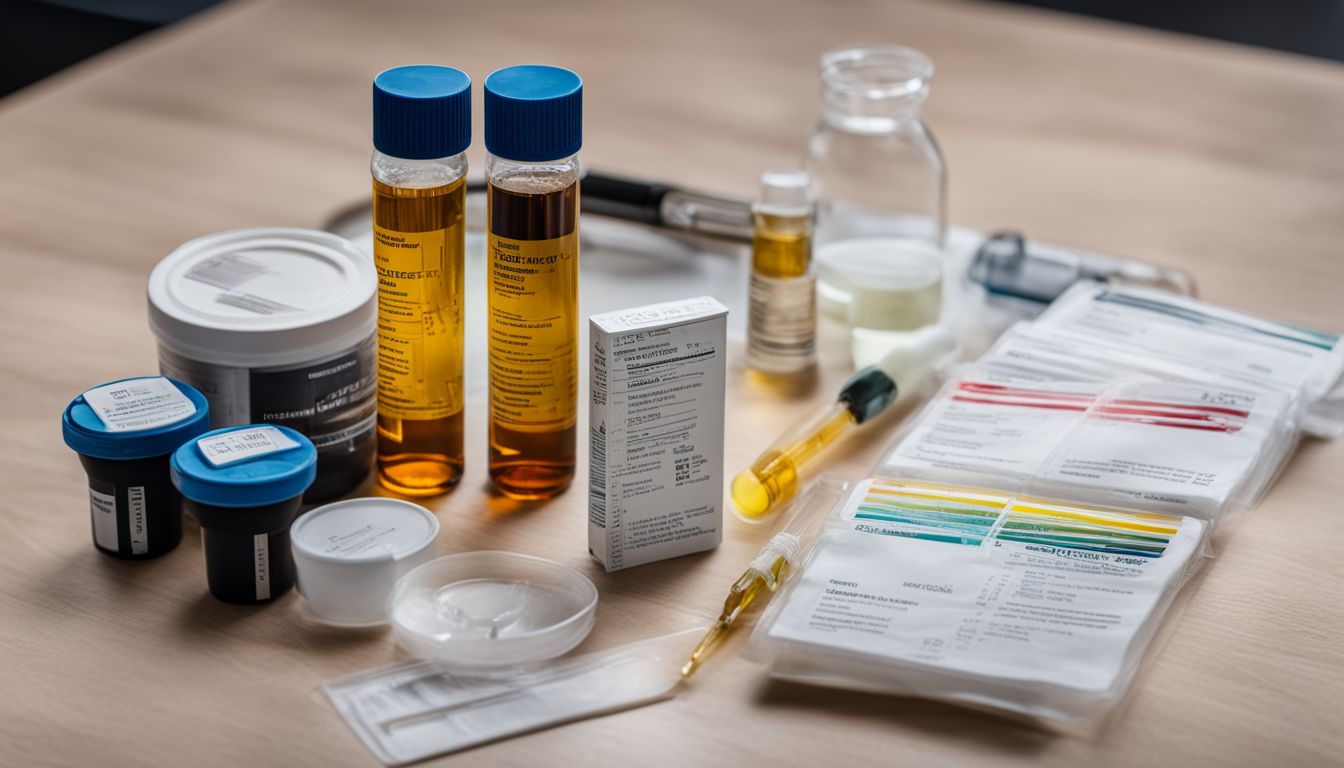
When it comes to detecting dabs in drug tests, various types have different windows of detection. The period THC remains detectable in your system can vary significantly, influenced by factors like metabolism, frequency of use, and the potency of the dab. Here's a straightforward guide in HTML Table format to outline these detection periods for a few common drug tests.
| Type of Drug Test | Detection Period for Dabs |
|---|---|
| Urine Test | 3 days to 30 days or more |
| Blood Test | 1 day to 7 days |
| Saliva Test | 1 hour to 24 hours |
| Hair Follicle Test | Up to 90 days |
These timeframes offer a general guideline. Heavy users might see THC linger longer in their system. Light users could find it clears out sooner. Always consider your usage and body type when estimating how long dabs will stay detectable.
Ways to speed up the elimination of THC from your system

To speed up the elimination of THC from your system, try these methods:
- Stay hydrated by drinking plenty of water throughout the day to help flush out toxins.
- Engage in regular physical activity and exercise to boost metabolism and aid in the elimination of THC.
- Eat a healthy diet rich in fruits, vegetables, and fiber to support your body's natural detoxification processes.
- Consider using detox products or supplements specifically designed to help eliminate THC from your system.
- Get plenty of rest and quality sleep, as adequate rest can support overall health and the body's detoxification processes.
- Avoid additional cannabis use to prevent further accumulation of THC in your system.
Addiction Treatment Options
Can you get addicted to dabbing?

Using wax pens frequently increases the risk of addiction. The potent THC concentrated in dabs can lead to dependence, especially with regular use. Factors such as frequency of cannabis use and individual biological factors play a role in developing an addiction to dabbing.
Seeking treatment for dab addiction is crucial for those experiencing negative effects from frequent dabbing.
How to detox from marijuana and seek treatment for dab addiction

To detox from marijuana and seek treatment for dab addiction, it's important to take proactive steps for a healthy recovery:
- Attend therapy or counseling sessions to address the root cause of dab addiction and learn coping strategies.
- Engage in physical activities and hobbies to distract yourself from dabbing urges and release endorphins.
- Surround yourself with a supportive network of friends and family who understand your journey towards sobriety.
- Consider outpatient or inpatient rehabilitation programs that specialize in treating marijuana addiction.
- Explore alternative therapies such as acupuncture, yoga, or meditation to manage withdrawal symptoms and reduce stress.
Conclusion

In conclusion, understanding the duration of a dab's presence in the system is crucial for cannabis users. Factors like frequency of use and individual metabolism affect this duration.
Being aware of these factors can help individuals make informed decisions about their consumption.
FAQs
1. What is a dab and why does it matter how long it stays in your system?
A dab refers to a concentrated form of THC, the main active ingredient in marijuana. It matters how long it stays in your system because THC detection can affect drug test results, such as those from urine testing.
2. How do different factors like the dabbing method or cannabis use frequency impact THC duration in my system?
The dabbing method you use and how often you consume cannabis can change the duration of THC in your system due to variations in marijuana potency and how your body metabolizes drugs.
3. Can using a wax pen change the detection time of THC during urine analysis?
Yes, using a wax pen for consuming dabs might alter the duration and detection of THC in urine because wax pens deliver potent concentrations of cannabis directly into the bloodstream.
4. How long does THC from dabs generally stay detectable in urine for occasional users compared to regular users?
For infrequent users, THC might not stay as long in their systems compared to frequent cannabis consumers, affecting how quickly they clear out substances like those detected through various THC testing methods.
5. Do biological factors have an impact on how long a dab stays detectable through urine tests?
Absolutely! Biological factors including an individual’s metabolism rate play significant roles in determining the speed at which drug metabolism occurs within their body, thus influencing the duration that traces of cannabinoids remain traceable through conventional means like urine analysis for drugs.


